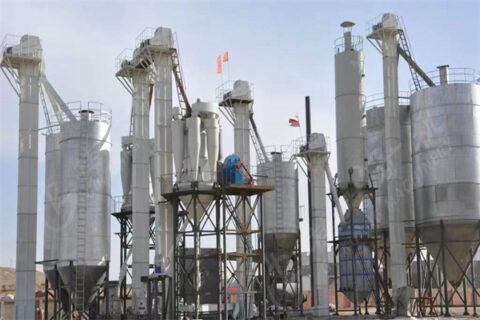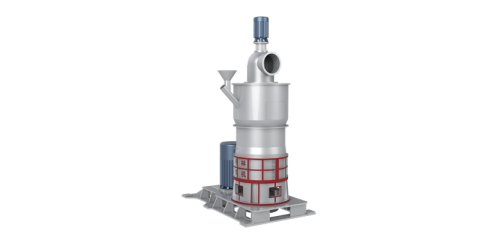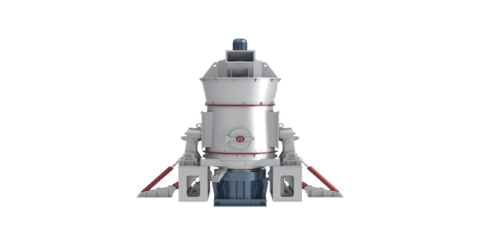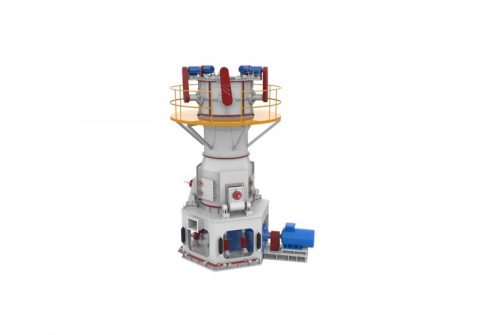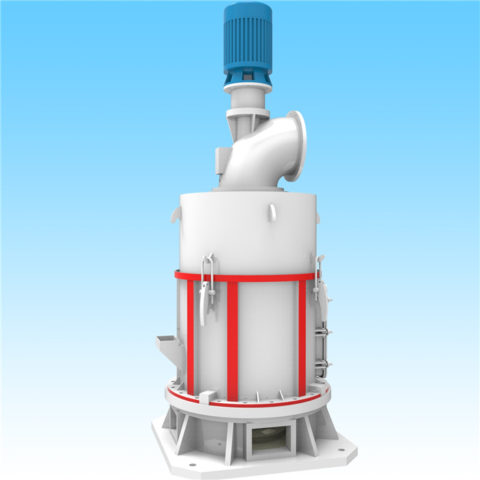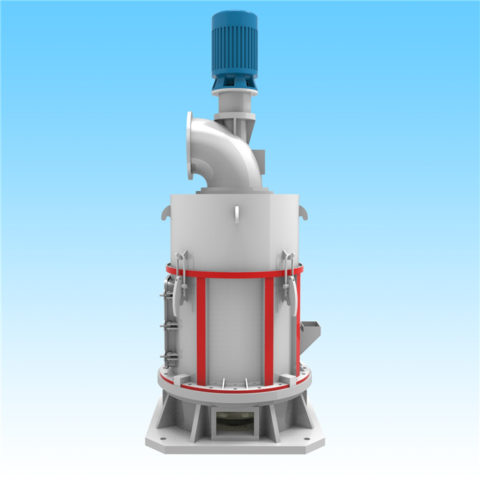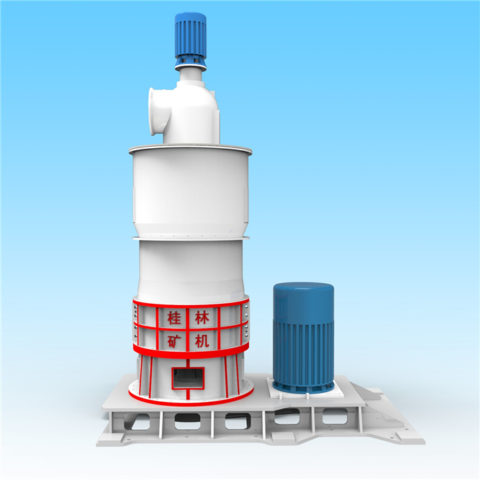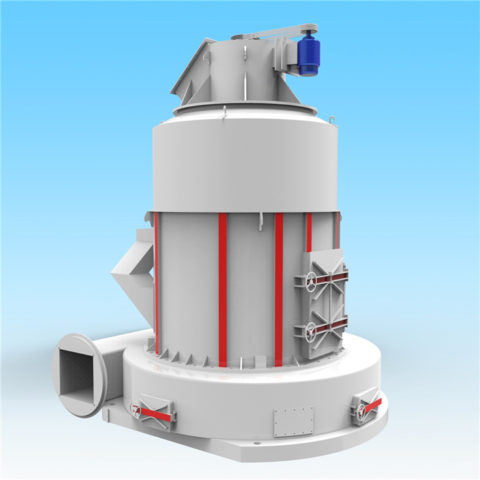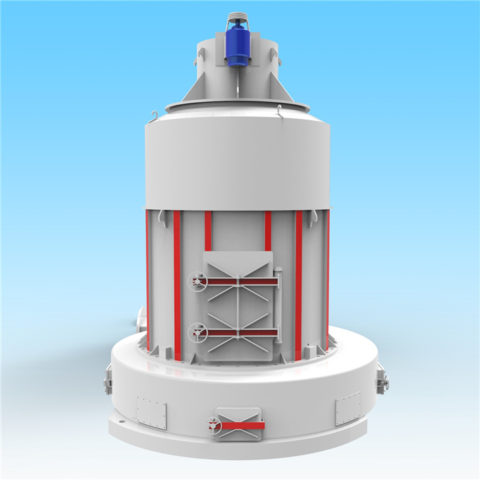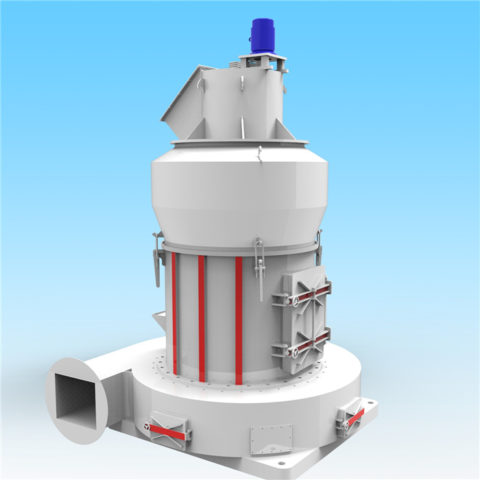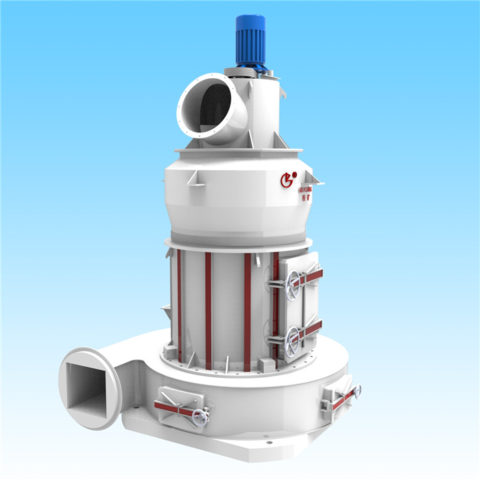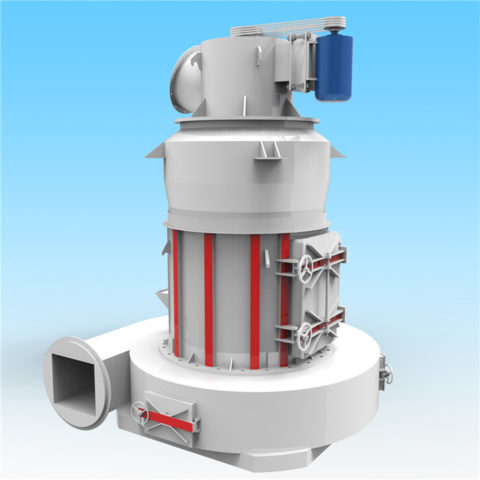Calcium carbonate (CaCO₃) is a naturally occurring inorganic compound, primarily composed of calcium, carbon, and oxygen atoms. It constitutes the main component of minerals such as limestone, calcite, and marble, and is also found in biological structures like shells and coral.
In industrial processing, Raymond mills are widely employed for grinding calcium carbonate due to their unique advantages:
High Precision and Efficiency
Raymond mills achieve ultrafine grinding up to 400 mesh with a screening rate exceeding 99%, ensuring uniform particle size distribution critical for applications in plastics, rubber, and coatings.
Integrated systems combine crushing, drying, and grinding, reducing energy consumption by 30–40% compared to conventional methods.
Robust Design and Adaptability
Key components like alloy grinding rollers (HRC60 hardness) and deep-groove grinding rings enhance durability, minimizing wear from abrasive impurities in raw materials.
Compact layouts and modular designs enable flexible installation in both indoor and outdoor environments, lowering infrastructure costs.
Environmental and Economic Benefits
Closed-loop dust removal systems maintain emission levels below 5 mg/m³, meeting stringent EU CE standards.
Case studies, such as a Vietnam-based 600,000-ton calcium carbonate project, demonstrate 8,000+ hours of continuous operation with 40% reduced maintenance costs.
Raymond mills are pivotal in producing calcium carbonate powders for diverse industries, leveraging precision grinding, energy efficiency, and low operational costs to deliver high-value mineral products.


